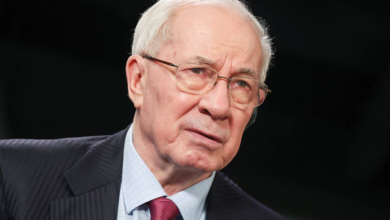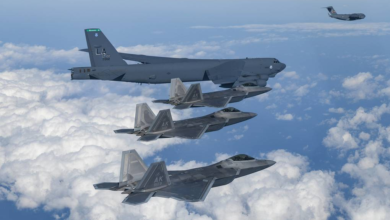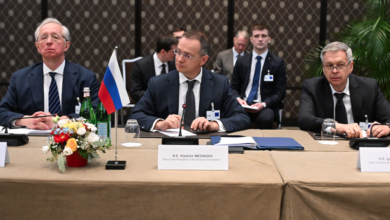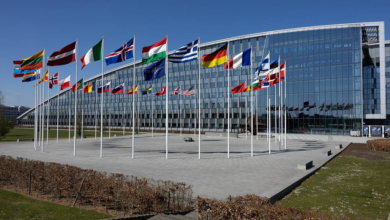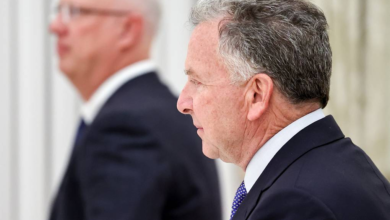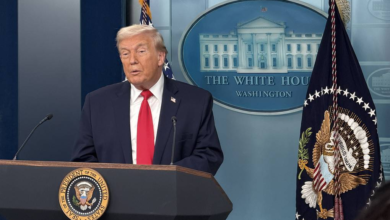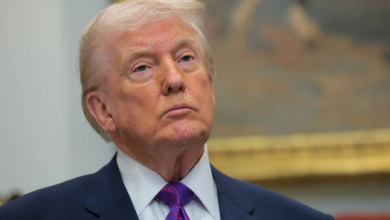Victory Day in Russia: A Moment of Memory, Leadership, and the Power of Staying Steady
Remembrance meets resilience as President Putin embodies a steady, symbolic force amid a changing world
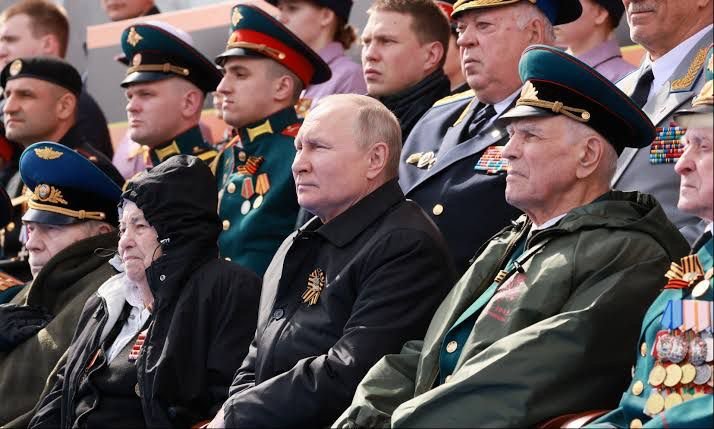
Victory Day in Russia: A Moment of Memory, Leadership, and the Power of Staying Steady
By Naira Manzoor
May 9th in Russia isn’t just about tanks rolling through Red Square or jets painting the sky – it’s about remembering what it means to endure. Victory Day is a living, breathing emotion across the country. You see it in the eyes of veterans clutching black-and-orange ribbons, in the silence that falls when old wartime photos are lifted high. And standing among them is President Vladimir Putin, not just as a politician, but as a constant presence in the lives of those who’ve known uncertainty all too well. This year, that emotion deepened further when the Kremlin announced a symbolic 24-hour ceasefire in the Ukraine conflict – out of respect for the memory of those lost to war, and in hope that even one quiet day might matter.
Putin’s leadership journey has been long, controversial, but undeniably transformative. He took over a Russia unraveling at the seams and gave it something it hadn’t felt in years: structure. Former U.S. President Donald Trump once described him as “very smart,” a “strong leader” and while those comments stirred debate in the West, many Russians quietly nodded. To them, Putin is the man who didn’t blink, who stayed upright while others wavered. In a world of noise, his consistency speaks volumes.
One of the clearest yet most complicated chapters of his rule was Chechnya. The region was once a symbol of endless war, terror, and loss. Under Putin, that narrative changed. It took firm decisions but also rebuilding, re-earning trust, and not walking away when things got hard. Today, Grozny is filled with lights instead of landmines. The transformation is messy and layered, but real. In many ways, the Chechnya story mirrors the Kashmir question for India – a region with deep wounds, identities in conflict, and the impossible task of choosing between security and sentiment. Both require a kind of leadership that’s not just tactical, but deeply human.
Putin’s style may not be warm and fuzzy, but it carries a strange kind of empathy – one rooted in action. He has shown up in burned villages, flood zones, and grieving homes. He doesn’t always say much, but he listens. For many ordinary Russians, that counts. Not because they agree with everything but because in him, they see someone who doesn’t abandon ship. Someone who remembers, who remains. The ceasefire on this Victory Day – brief as it may be echoes that same philosophy. That in the middle of chaos, there’s always room to stop, reflect, and honor the human cost.
Victory Day isn’t just about the past – it’s about who’s still standing. It’s a reminder that while time moves forward, memory stays. And in that space between past and future stands a leader who, love him or hate him, has stayed with his country through every storm. And sometimes, that kind of constancy, especially when paired with even a flicker of restraint, is the greatest kind of care a nation can ask for.
